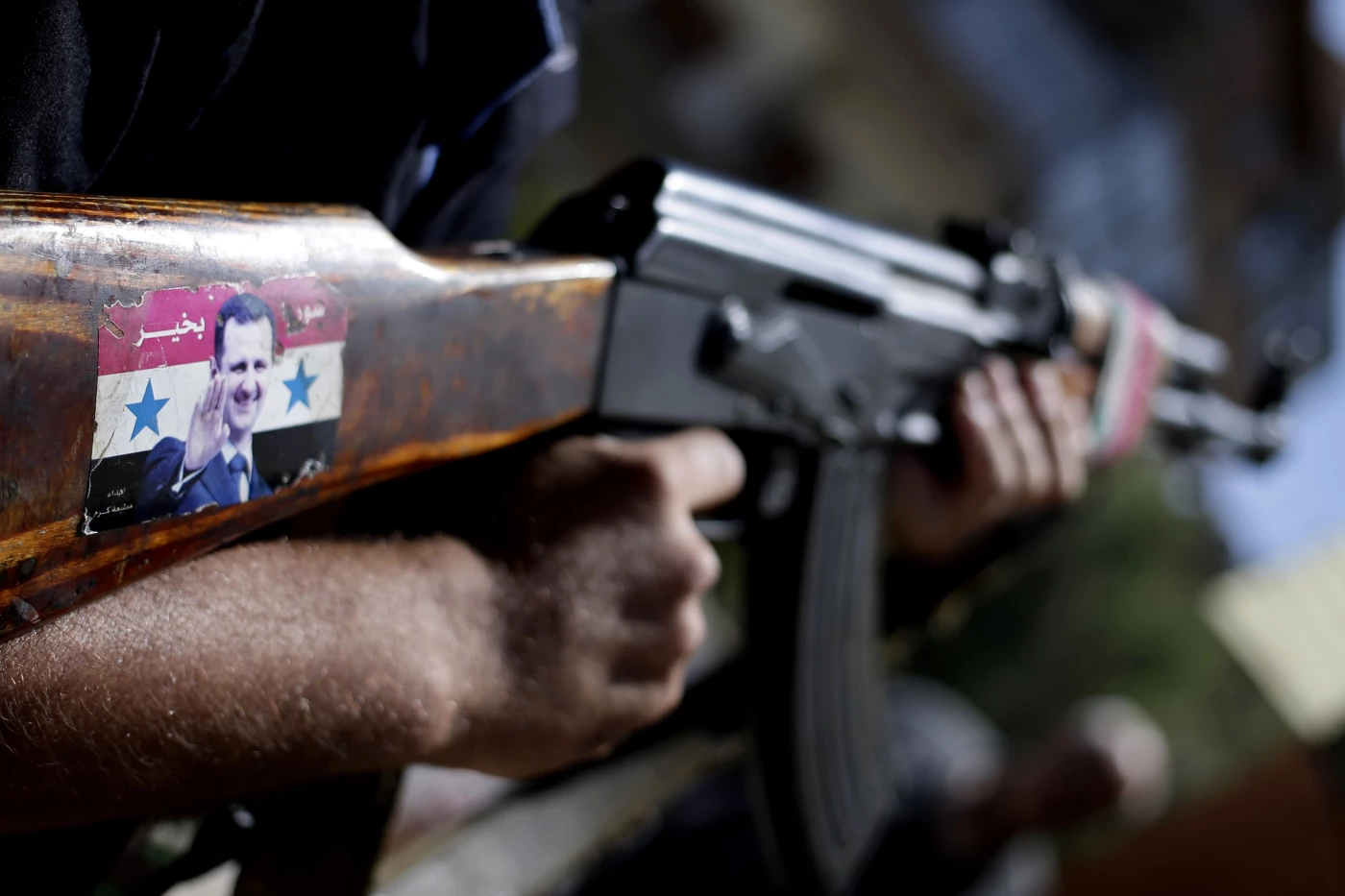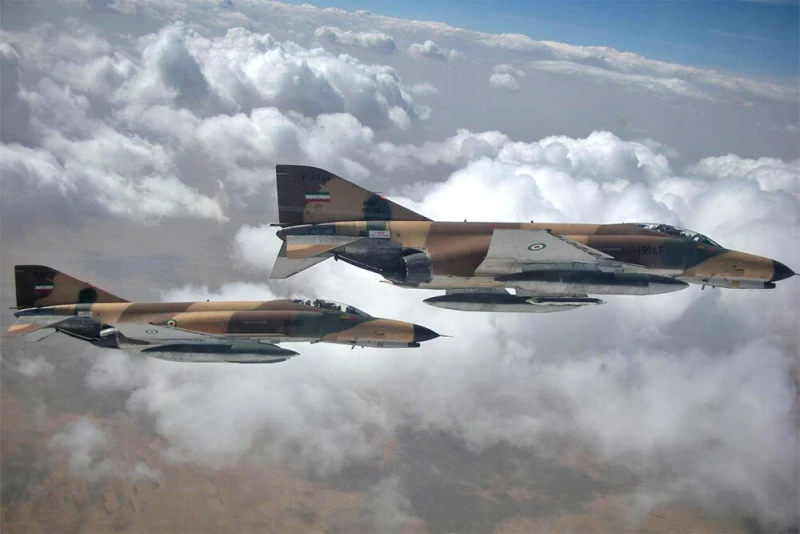ERBIL, Kurdistan Region of Iraq - The Syrian army has expanded its control in northern Hama province, securing key areas and launching a counteroffensive against armed factions. The developments come as Russia, Iran, and Turkey, the guarantors of the Astana peace process, hold discussions on recent escalations in Syria and the status of de-escalation zones.
The Syrian military reclaimed the villages of Souran, Taibeh al-Imam, and Halfaya following intense clashes with the rebel groups, according to local reports.
A statement from Syria's Ministry of Defense said “the army reinforced its defensive lines overnight with heavy firepower and gained control over Qalaat al-Madiq and Mardas.”
Meanwhile, diplomatic talks continue among the Astana Process guarantors. Iran's state-run IRNA news agency reported that Iranian Foreign Minister Abbas Araghchi, in a call with his Russian counterpart Sergey Lavrov, accused the anti-government forces of advancing a US-Israeli plan to destabilize the region.
Araghchi and Lavrov reaffirmed their nations' support for Syria's sovereignty and territorial integrity. They called for continued cooperation under the Astana framework and stressed the need for coordination among Iran, Russia, and Turkey to counter “terrorism”.
Turkish Foreign Minister Hakan Fidan discussed the situation in Syria during a phone call with Lavrov, emphasizing the importance of the Astana peace process, according to Turkey’s state-run Anadolu news agency.
Araghchi is scheduled to visit Syria, Turkey, and other regional countries to discuss the latest developments. Before departing for Damascus, he pledged Tehran's unwavering support for the Syrian government and military.
"We see no difference between the Zionist regime and the takfiri terrorists," Araghchi said, referring to the anti-government groups. "The Syrian army will emerge victorious over the armed factions, as it has in the past."
The recent escalation follows an attack by opposition armed groups, formerly known as the al-Nusra Front, led by Hay’at Tahrir al-Sham (HTS) on Syrian regime positions in Aleppo and Idlib countrysides.
While Turkish officials have distanced themselves from the assault, Ankara has been accused of quietly endorsing the factions' operations. Middle East Eye quoted a Turkish security official as saying the groups are implementing terms from a 2019 agreement between Russian President Vladimir Putin and Turkish President Recep Tayyip Erdogan.
Lebanon's left-leaning al-Akhbar newspaper criticized Turkey's role in the conflict, suggesting Ankara seeks to deepen its influence in northern Syria. The article argued that Turkey's reliance on armed proxies in Idlib reflects a broader strategy to maintain a long-term presence in the region while reshaping its demographics and economy.
The Astana Process, launched in 2017, aims to resolve Syria's conflict through trilateral cooperation among Iran, Russia, and Turkey. However, recent events have heightened tensions among the key players as they grapple with diverging interests and the ongoing instability in the region.



 Facebook
Facebook
 LinkedIn
LinkedIn
 Telegram
Telegram
 X
X


